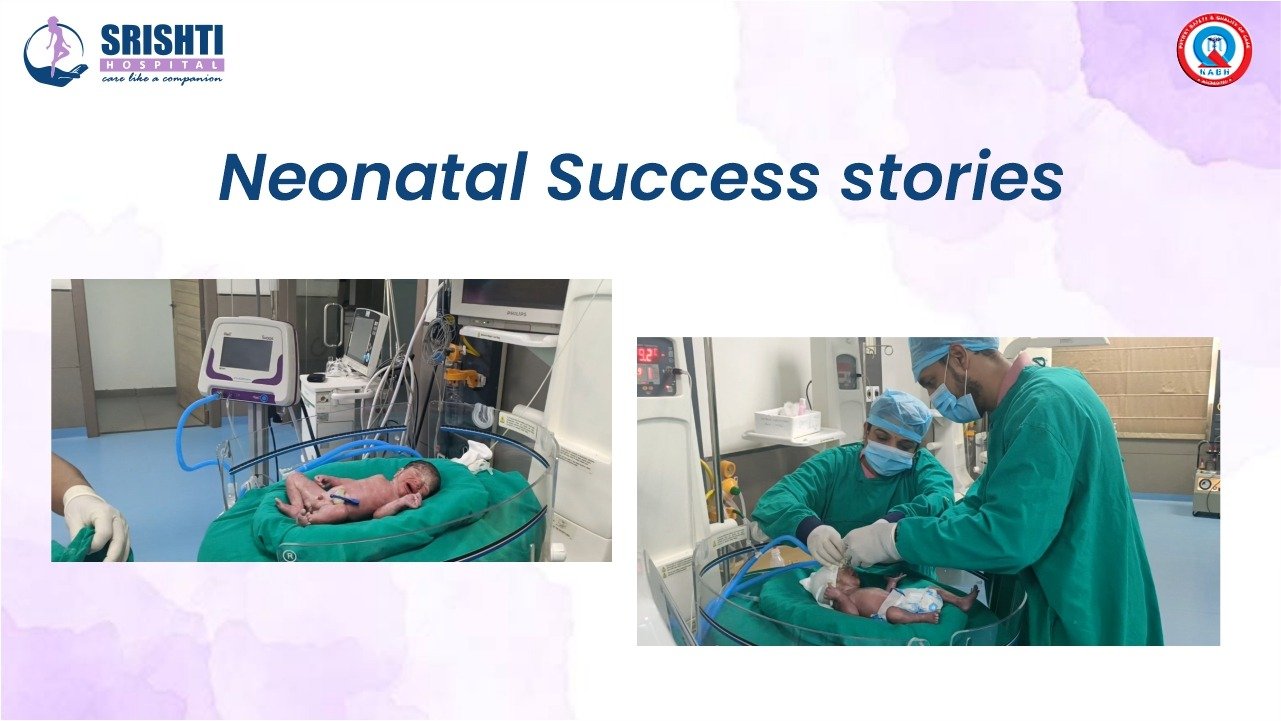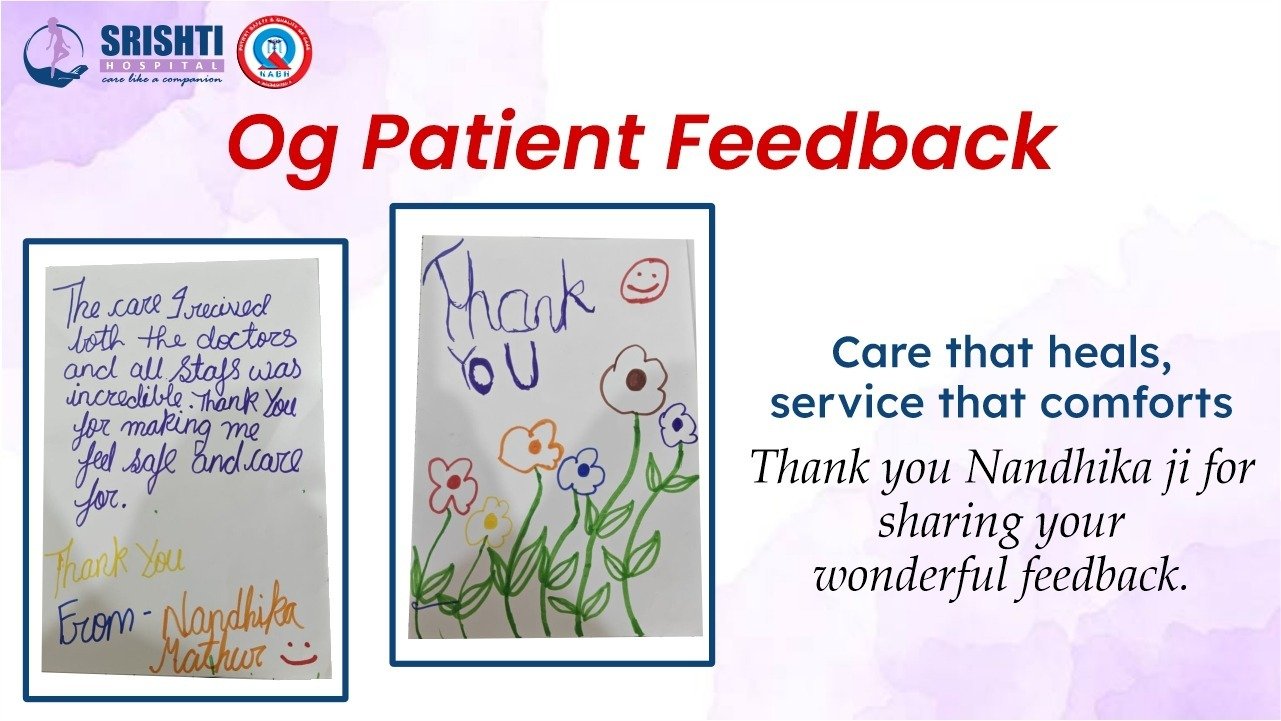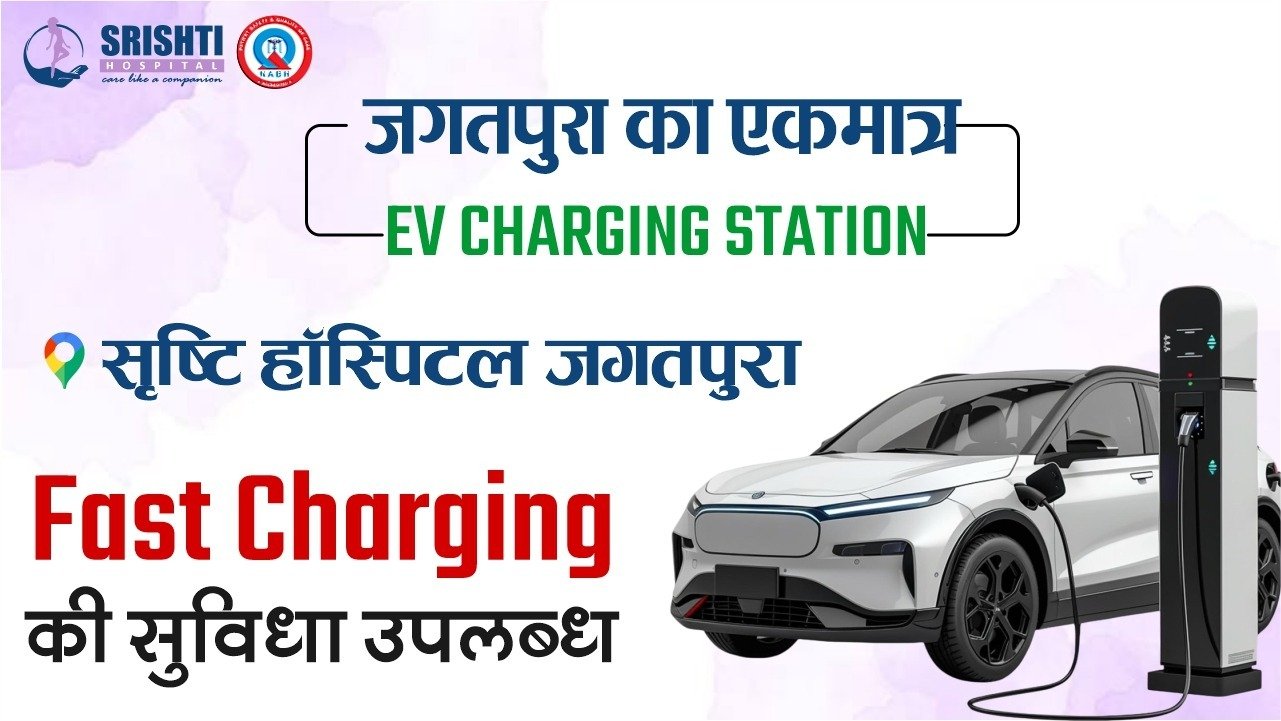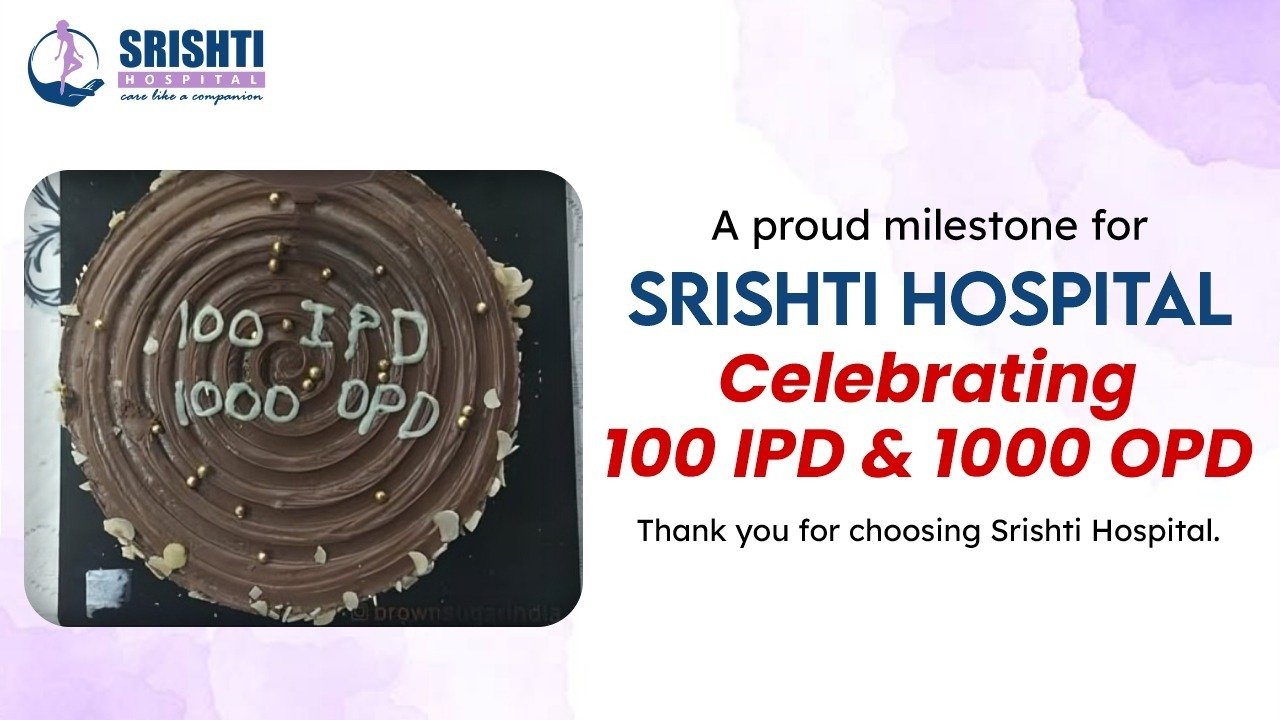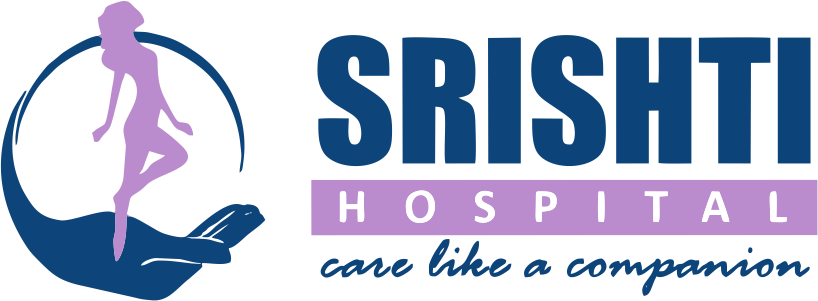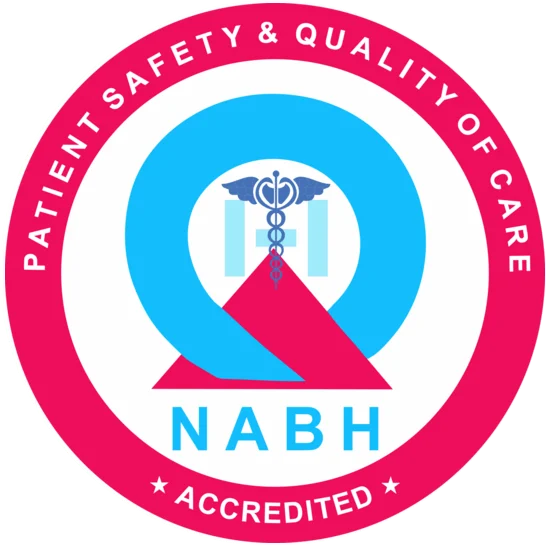Commando Surgery at Srishti Hospital
At Srishti Hospital, we believe that true medical excellence is measured not only in advanced technology and modern infrastructure, but in the trust we earn from the people we serve.In just one year, our hospital has become a recognized center for Head & Neck Oncology, performing some of the most complex and life-saving procedures — including Commando Surgery. Specialized in Head & Neck Oncology Head and Neck Oncology requires exceptional precision, experience, and a multidisciplinary approach. Our team of surgeons, anesthetists, and oncology specialists work together with one goal in mind: to provide the highest standard of surgical care and ensure the best possible outcomes. Commando Surgery – A High-Skill, High-Precision Procedure Commando Surgery is one of the most advanced and challenging surgeries performed in the field of oncology. It involves: Removal of cancer from the oral cavity, jaw, or neck Reconstruction of affected areas Restoring function and appearance Ensuring the patient can return to a normal life Such a complex procedure demands a highly trained surgical team, advanced equipment, and meticulous planning — all of which Srishti Hospital proudly delivers. Trusted by All — From Families to Defense Personnel One of our greatest achievements is earning the trust not only of everyday patients, but also of individuals who serve our country with discipline and courage.When defense personnel and commandos trust a hospital for a surgery of this scale, it speaks volumes about the hospital’s expertise, safety standards, and clinical excellence. A Growing Legacy of Care & Excellence With every successful surgery, Srishti Hospital strengthens its commitment to: World-class oncology care Advanced surgical precision Patient-focused recovery Trust, transparency, and compassion We move forward with one mission — to provide exceptional care to every patient who walks through our doors, no matter how complex their condition may be.

